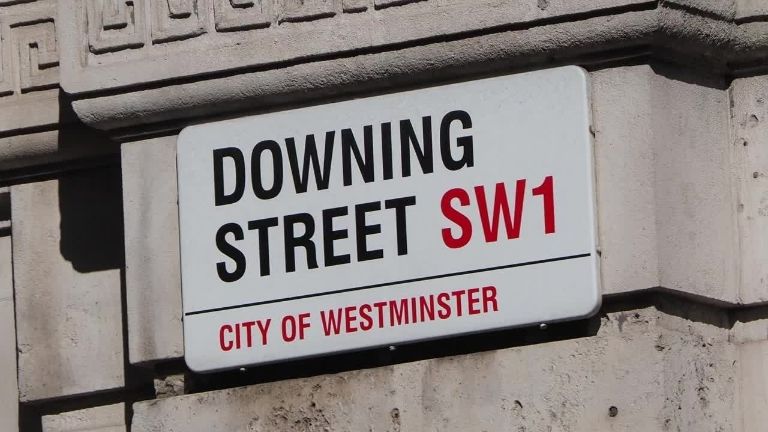Great Britain
A Complex Heritage for UK’s Third Woman Prime Minister

Getty Images
With Liz Truss’ victory in the Conservative Party’s leadership election last week, the United Kingdom has secured its third woman prime minister. All three have been Conservatives. Prime Minister Truss’ first action was to make senior appointments to her government in which, for the first time ever, none of the three major offices of state – chancellor of the exchequer, home secretary and foreign secretary – is held by a white man. The occupants of all three posts, however, are her acolytes: and all three reflect, as does the new government as a whole, a move away from meritocracy. Public school and Oxbridge education feature more distinctively in this government than in any of the past forty years. Gender and race may no longer be a limiting factor in politics: social class has returned as a determinant, as it began to under David Cameron, and with a vengeance.
While the opinion polls had suggested a margin of victory of 2:1 over her opponent Rishi Sunak, Liz Truss finally secured only 57% of the votes of Conservative Party members. Combined with her lack of popularity among her Members of Parliament, many more of whom backed Sunak, one might expect the new Prime Minister to reach out to Sunak’s supporters and other factions in the party in forming a government. She has not done so. Without exception, her senior ministers are drawn from the ranks of her declared supporters. Most of the junior ministers are too.
Truss’ first policy action has been to cap energy bills, currently the highest in Europe. She proposes to pay for it out of taxation, however, resisting the call for a windfall profit tax on energy companies. The cost to the public purse will be some £150 bn (€172 bn), a sum which an already impoverished and indebted country cannot easily afford. The Bank of England, whose independence appeared under threat from Truss the candidate but is said to be secure under Truss the PM, will need to take unpopular action to protect the UK’s cost of borrowing. Meanwhile inflation, already predicted to be over 18% per annum within six months, will combine with higher taxes and sharply higher energy and food prices to push a further one and a half million UK citizens into poverty. We can expect further pressure on the pound sterling before the year is out.
The UK’s climate commitments – an issue studiously avoided by both candidates during the Tory leadership campaign – are already under pressure. Exploitation of shale gas will increase; coal burning may too. Some speculate that Boris Johnson’s plans for a new coal-fired power station will feature among this government’s early actions. Any significant expansion of the increasingly successful generation of wind power is held back by planning restraints.
The prime ministerial candidate who said ‘the jury is still out’ (i.e. we must wait and see) on whether Macron is a friend to the UK will find it hard to make friends at the forthcoming European security summit, to which the UK has been invited. She has, however ruled out invoking Article 16 of the Northern Ireland protocol, suggesting at least a little recognition of the country’s obligations to its erstwhile EU partners regarding the EU-UK Withdrawal Agreement.
Liz Truss inherits from her predecessor Boris Johnson a mandate to govern until December 2024. Some predict she will go for a snap general election to secure her own mandate: though the opposition leader is ahead in the opinion polls, enthusiasm for Keir Starmer as Prime Minister is sorely lacking. As a former Liberal Democrat herself, she boasts too that she knows how to see off the threat from Liberal Democrats in the ‘blue wall’ Tory heartland seats. Waiting for two years would hardly give her time to turn around the economy, would run the risk of losing more by-elections to her former party and would likely end with her unceremonious departure from office. She may be tempted to cut and run.
To add to the new Prime Minister’s difficulties, however, the sudden death of Her Majesty the Queen (within hours of having to receive first Boris Johnson and then Liz Truss) will create uncertainty and make it more difficult for the prime minister to go to the polls. King Charles lll is known to be very much more politically concerned and more outspoken than his mother and to care about causes such as nature protection, fighting climate change and youth unemployment. Though he would probably not refuse her a general election, the new prime minister could find her audiences with the new monarch more challenging than she expected.
